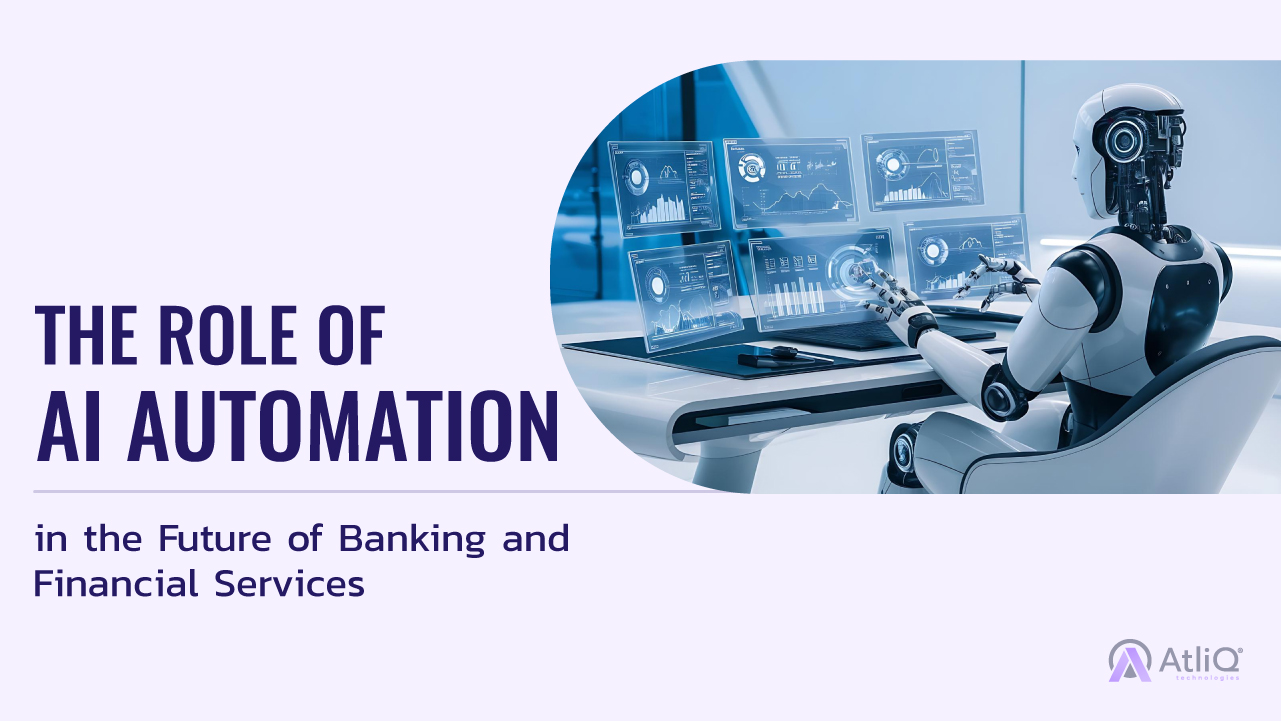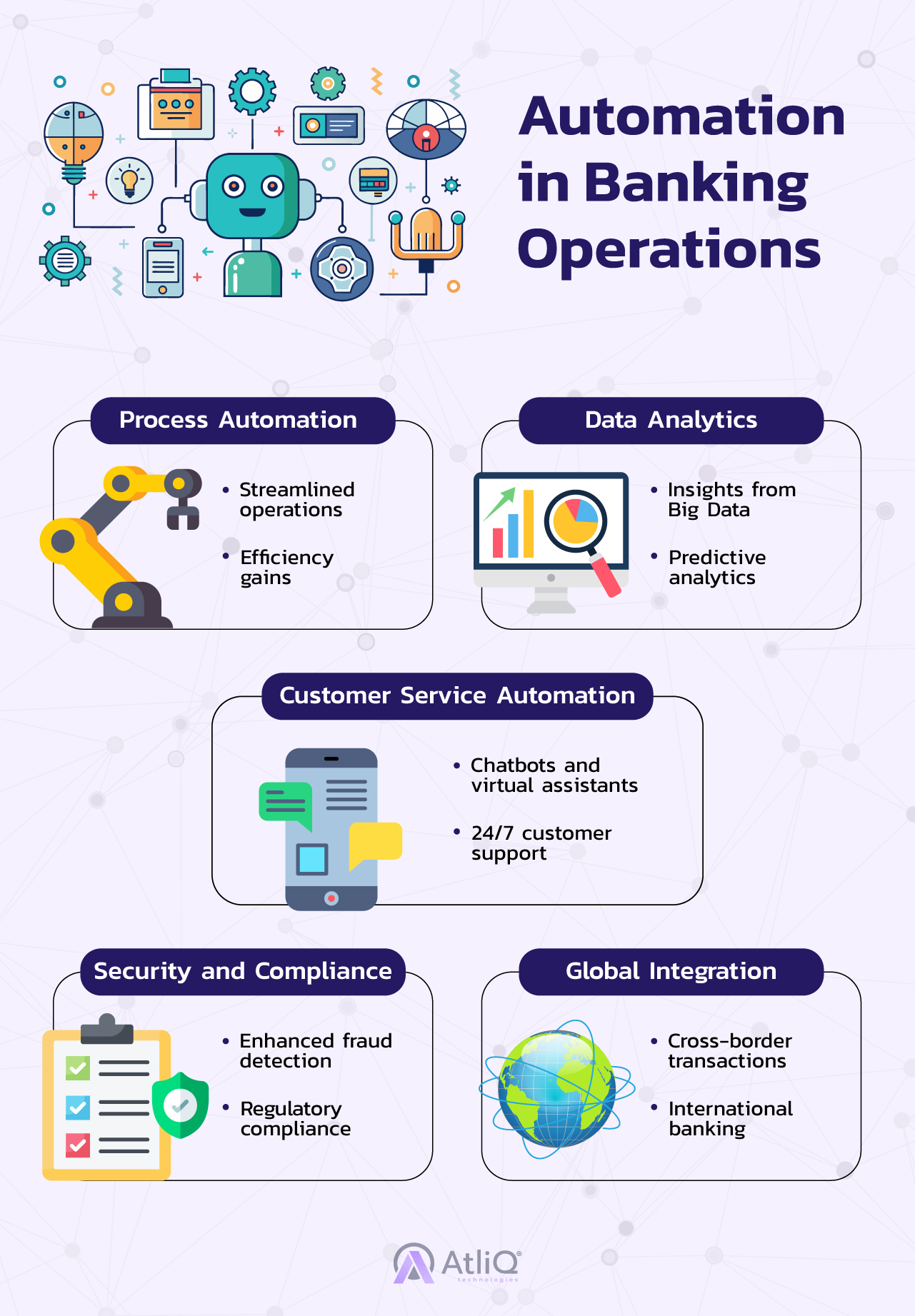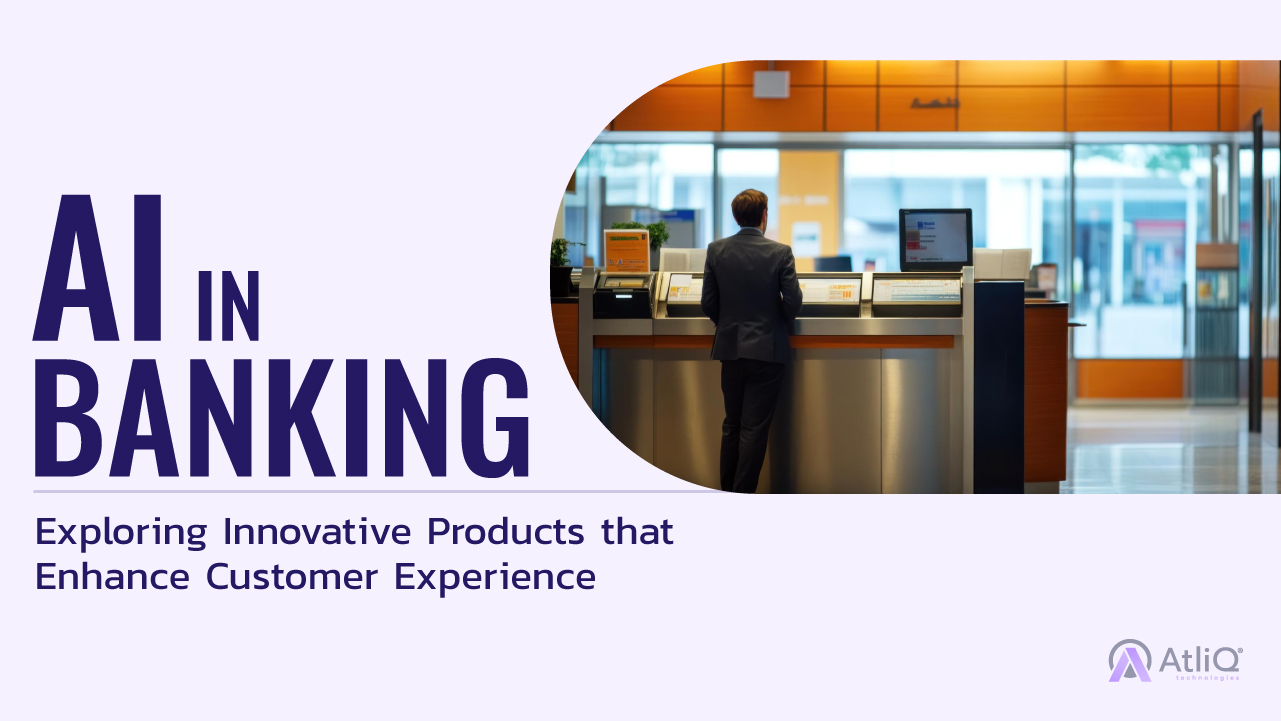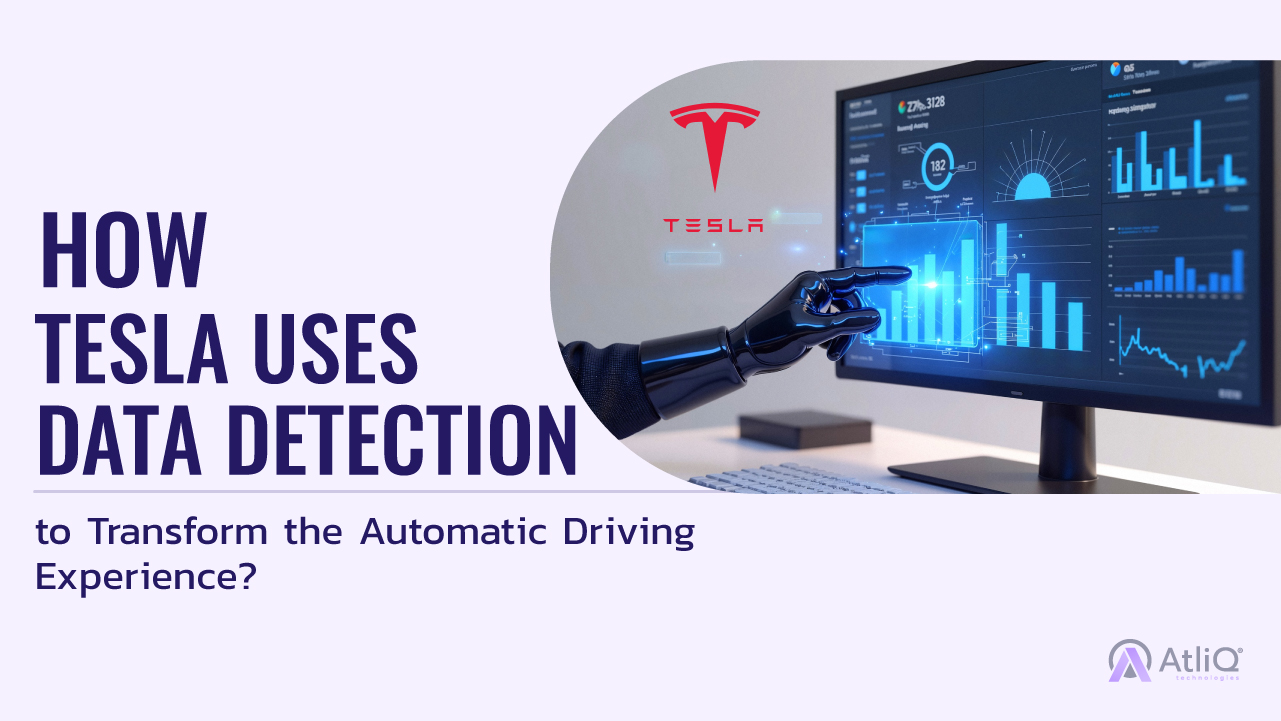
By the next decade this time, we will be living in a world where your financial decisions are guided by algorithms that learn and adapt in real-time, ensuring personalized service at every touchpoint. This is the promise of AI in banking and finance, where innovation meets necessity in an industry ripe for disruption. Recent studies predict that AI applications could potentially save banks $447 Billion by 2026, primarily through process automation and enhanced operational efficiency. This isn’t just about streamlining tasks; it’s about unleashing the true potential of data to predict customer needs, mitigate risks, and drive strategic growth.
Imagine chatbots that resolve queries instantly, virtual assistants that manage portfolios with precision, and predictive analytics that foresee market trends before they unfold. As we navigate this transformative landscape, the future of banking isn’t just about embracing technology—it’s about harnessing it to foster deeper connections with customers and drive sustainable growth. Join us as we explore how AI in banking is reshaping the industry, propelling us toward a future where innovation and financial services converge seamlessly.
Definition and Scope of AI in Banking
Artificial intelligence in banking refers to the application of advanced algorithms and machine learning techniques to automate and enhance various banking processes. These technologies analyze vast amounts of data to derive insights, make predictions, and optimize operations with minimal human intervention.
AI’s scope in banking extends across multiple functions, from front-end customer interactions to back-office operations. It powers everything from customer service automation to fraud detection and risk management, fundamentally transforming how banks deliver services and interact with their clientele.
Personalized Customer Interactions: Enhancing Engagement through AI
One of the most profound impacts of AI in banking is its ability to deliver highly personalized customer experiences. By analyzing customer data in real-time, AI algorithms can anticipate individual needs and preferences, allowing banks to tailor their services accordingly. For instance, AI can suggest personalized investment options based on a customer’s financial goals and risk tolerance, or offer customized mortgage solutions based on real-time market conditions and personal financial histories.
This level of personalization not only enhances customer satisfaction but also strengthens customer loyalty and retention. According to a report by Epsilon, 80% of consumers are more likely to do business with a company that offers personalized experiences. AI’s transformative impact isn’t confined to banking alone; it’s also reshaping the insurance industry by automating claims processing, enhancing underwriting accuracy, and improving customer engagement through personalized policy recommendations and proactive risk management solutions.
AI and Data Analytics: Enhancing Decision-Making
In the dynamic realm of banking and financial services, the marriage of artificial intelligence (AI) and data analytics is revolutionizing decision-making processes. This section explores how AI processes large volumes of data (Big Data Utilization), enhances risk assessment and fraud detection through predictive analytics, and influences financial markets via algorithmic trading.
Big Data Utilization: How AI Processes Large Volumes of Data
AI’s capability to process and analyze massive datasets—often referred to as Big Data—is reshaping how financial institutions derive insights and make informed decisions. By leveraging machine learning algorithms, AI sifts through intricate financial data in real-time, uncovering patterns, trends, and correlations that human analysts might overlook. This enables banks to optimize lending practices, personalize customer offerings, and mitigate risks more effectively.
Predictive Analytics: Improving Risk Assessment and Fraud Detection
Predictive analytics powered by AI represents a significant leap forward in risk management for financial institutions. AI algorithms can assess historical data and current market conditions to forecast future trends and potential risks with unprecedented accuracy. This proactive approach not only enhances risk assessment models but also strengthens fraud detection capabilities by identifying anomalous patterns indicative of fraudulent activities before they escalate.
For example, banks utilize AI-driven predictive models to detect unusual transaction patterns, flagging potentially fraudulent activities in real-time and minimizing financial losses for both customers and institutions.
Algorithmic Trading: Impact of AI on Financial Markets
AI’s influence extends beyond risk management to actively shaping financial markets through algorithmic trading. AI-driven algorithms execute trades based on predefined parameters, such as market trends, price fluctuations, and economic indicators, at speeds and frequencies far exceeding human capabilities. This automation enhances market liquidity, reduces trading costs, and optimizes investment strategies for institutions and individual investors alike. High-frequency trading (HFT), a subset of algorithmic trading facilitated by AI, exemplifies this transformation by executing thousands of trades per second, responding swiftly to market changes and arbitrage opportunities.
AI and data analytics are not merely enhancing decision-making in banking and financial services; they are revolutionizing it. By harnessing the power of AI to process Big Data, refine predictive analytics, and drive algorithmic trading, financial institutions are poised to navigate complexities with agility and precision, paving the way for a more efficient, resilient, and responsive financial ecosystem. As AI technologies continue to evolve, their impact on decision-making processes is set to deepen, ushering in a new era of innovation and opportunity in the global financial landscape.

Challenges and Considerations in AI Adoption in Banking
As artificial intelligence (AI) continues to redefine banking operations, it brings forth a host of challenges and considerations that institutions must navigate to harness its full potential responsibly.
- Ethical Concerns: AI Bias and Privacy Issues- AI in banking introduces ethical challenges, such as biases in decision-making and concerns over data privacy. Ensuring transparency, fairness, and accountability in AI algorithms is crucial to building trust with customers and mitigating risks.
- Workforce Implications: Impact on Jobs in Banking- While AI enhances efficiency and decision-making, it also raises concerns about job displacement. Banks should invest in reskilling programs to empower employees for new roles requiring advanced technological skills, thereby turning AI into an opportunity for innovation rather than a threat.
- Security Risks: Addressing Cybersecurity Challenges- AI adoption in banking requires robust cybersecurity measures to protect sensitive data from threats like data breaches and malicious attacks. Implementing encryption, AI-powered threat detection, and compliance with data protection regulations are essential for safeguarding customer information and mitigating legal risks.
The Future Outlook: Shaping Tomorrow’s Banking Landscape
As we look ahead, the future of banking is set to be defined by transformative trends at the intersection of technology and finance. Looking forward, embracing these trends will not only drive competitive advantage but also pave the way for a more inclusive, resilient, and customer-centric banking ecosystem. By leveraging AI, blockchain, and navigating regulatory landscapes effectively, financial institutions can position themselves at the forefront of innovation in the digital era.
- AI Applications in Fintech Startups: Fintech startups are at the forefront of integrating AI to revolutionize financial services. From automated investment advisors to AI-driven lending platforms, these innovations are reshaping customer experiences and operational efficiencies across the industry.
- Integration with Blockchain: Blockchain technology promises secure and transparent transactions, making it a natural fit for enhancing banking operations. As banks explore blockchain’s potential for decentralized finance (DeFi) and digital currencies, collaborations between AI and blockchain could unlock new levels of efficiency and trust in financial transactions.
- Adapting to Regulatory Changes: Amidst rapid technological advancements, regulatory frameworks must evolve to ensure consumer protection and system stability. Adapting to changes in data privacy laws, cybersecurity standards, and fintech regulations will be pivotal in fostering innovation while maintaining regulatory compliance.
The future of banking and financial services is poised for unparalleled transformation, driven by the integration of artificial intelligence (AI) and automation. As AI continues to permeate every facet of banking operations—from customer interactions to data analytics and risk management—it heralds a new era of efficiency, innovation, and personalized service.
AI in banking isn’t just about leveraging technology; it’s about reimagining how financial institutions operate and deliver value to customers. By harnessing AI’s predictive capabilities, banks can anticipate customer needs, optimize decision-making processes, and mitigate risks with unprecedented accuracy.
Looking ahead, the synergy between AI and banking holds immense promise. Fintech startups are pioneering AI applications that redefine financial services, while the integration of blockchain technology offers new possibilities for secure and transparent transactions. However, navigating ethical considerations, addressing workforce implications, and fortifying cybersecurity measures remain critical challenges on this transformative journey.
As the regulatory landscape evolves, financial institutions must adapt to ensure compliance while fostering innovation. Embracing AI’s potential to enhance operational efficiency and customer experiences will be crucial in staying ahead in a competitive market.
AI’s role in banking and financial services isn’t merely about automation; it’s about shaping a future where technology empowers institutions to meet evolving customer expectations and navigate complex global challenges. By embracing AI in banking, we embark on a journey toward a more connected, efficient, and resilient financial ecosystem, poised to unlock new opportunities and drive sustainable growth in the digital age.


